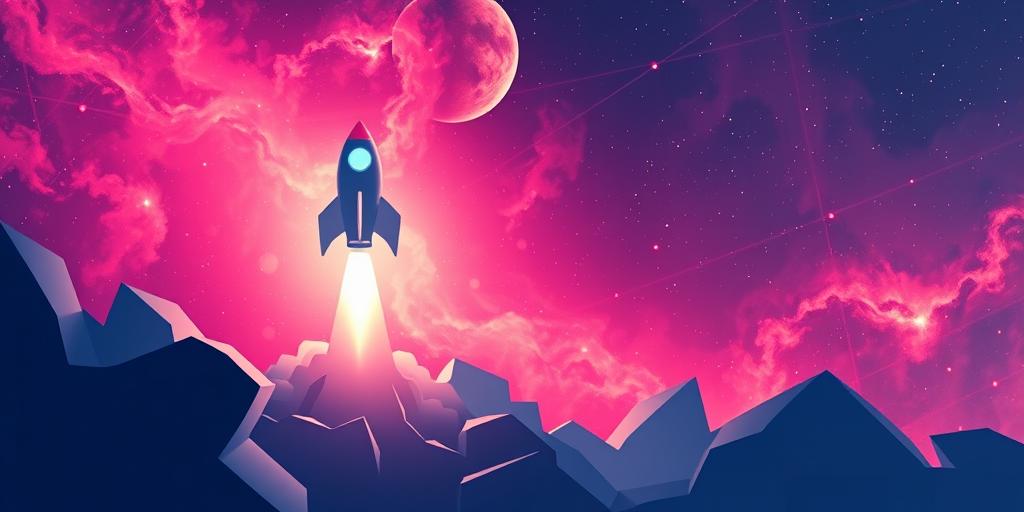From Silicon Valley to Space Valley: AI's Role in NASA's Next Mission
Hey there, space cadets! So, you know how AI is taking over everything these days? Self-driving cars, robot vacuum cleaners…the works. But get this – it's even heading to space! Yep, NASA's next big mission is seriously leaning on artificial intelligence, and it's mind-blowing.
I mean, let's be real, space exploration is hard. It's expensive, dangerous, and requires a level of precision that's, well, out of this world. That's where AI comes in. Think of it as NASA's new best friend – a super-smart, tireless sidekick helping them tackle some seriously complex challenges.
First off, AI is a total game-changer for planning missions. We're talking about optimizing rocket trajectories, predicting potential problems, and even designing spacecraft that are lighter, faster, and more efficient. It's like having a super-powered spreadsheet that can handle the complexities of astrophysics. Seriously, it's impressive.
And it's not just about the planning phase. Once a mission is underway, AI is there to help manage everything from navigation and communication to resource allocation and hazard detection. Imagine an AI system constantly monitoring a spacecraft's systems, identifying potential issues before they become major problems, and automatically making adjustments as needed. It's like having a 24/7 onboard mechanic, except way cooler.
But here's the coolest part: AI is helping us explore places we've never been before! Think about it – sending a robot to explore Mars, or a probe to study a distant asteroid. These missions are incredibly risky, but AI can help us navigate these uncharted territories, analyze data in real-time, and make decisions that would be impossible for a human alone. It’s like having a super-smart explorer in our pocket.
I know, this is wild — but stay with me. The implications are huge. We're talking about faster, safer, and more efficient space exploration, leading to breakthroughs in our understanding of the universe. It's not just about sending more rockets into space; it's about unlocking the secrets of the cosmos. It's about answering questions we haven't even thought of yet.
Not related, but can we talk about how cold it’s been lately? Okay, back to AI and space. The future of space exploration is inextricably linked to the advancement of AI. It's a partnership that's pushing the boundaries of what's possible. And who knows what amazing discoveries await us? The possibilities are truly endless.
Have you tried this? Would love to hear your take!









